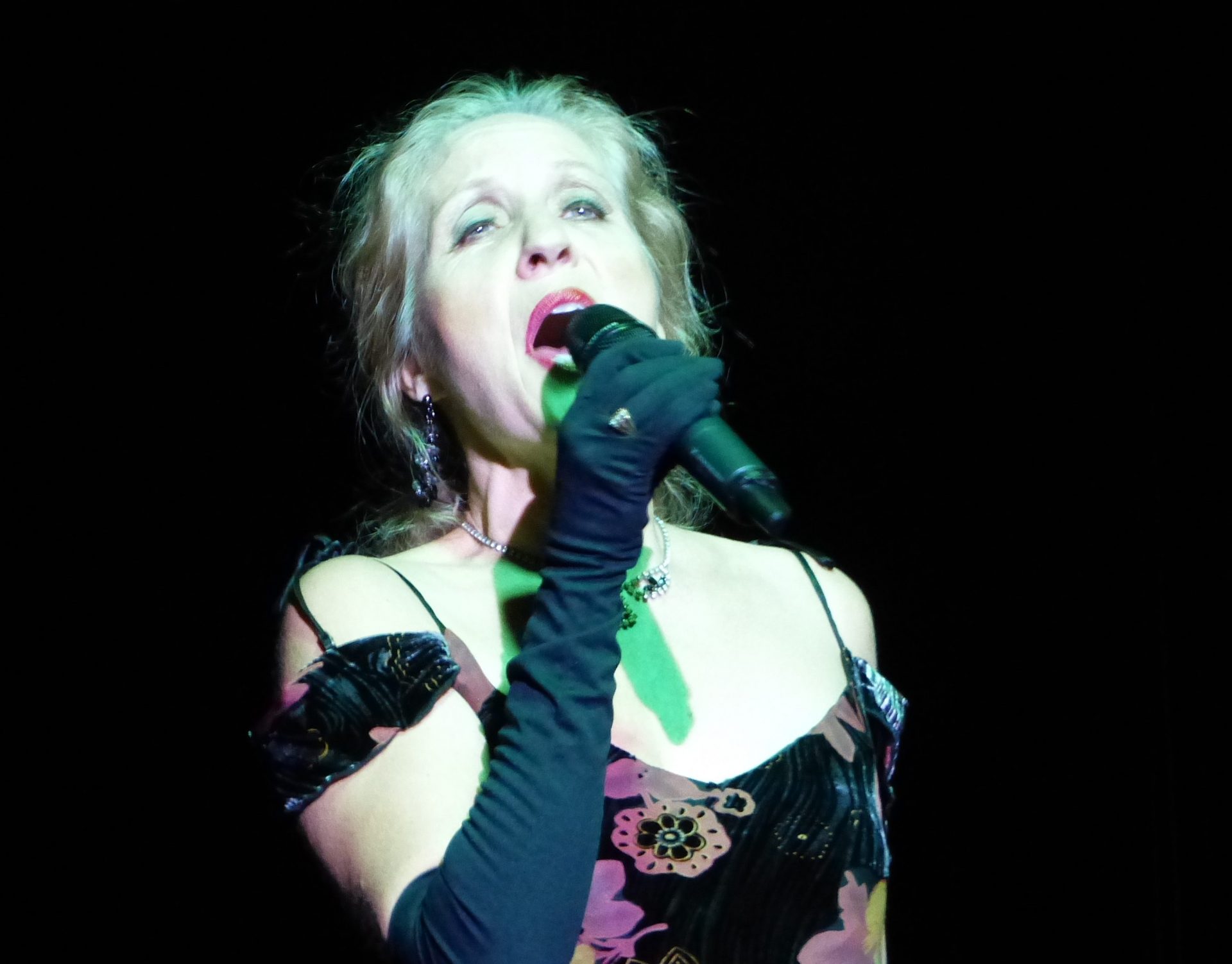You’ve got to find some way of saying it, without saying it. – Duke Ellington
In cabaret, I’ve experienced enormous freedom. I’ve lived moment-to-moment for an hour at a time, using anything that comes up in myself and offering that to my musicians and my audience. The result of my dipping into my own emotional palette is that others dip into theirs – their own emotions and stories and memories. And so it cycles ’round and ’round.
This is why the audience is so essential to the cabaret experience – because of this intimate and immediate exchange that happens. The magic happens when a channel opens, a channel of interpretation that connects us in limitless ways to each other and to something beyond ourselves.
Learning cabaret has helped me learn life. Just as I’ve spent years getting out of my own way on-stage and out of the way of what seeks to express itself through me, I’ve freed myself off-stage too. I’m better today at feeling empathy, at managing fear, at listening, at making mistakes, at lowering my expectations and letting myself be surprised. I’m better at trust.
The goal for me as singer is not to sing at all. The goal is to channel. To open myself to the emotions, ideas and messages that are at hand and to understand how that will sing itself. My method can be reduced to being fearlessly willing to stay open in the moment. To not “put” anything out there or put anything on, but rather to allow myself to be put out there. My work is as much about vanishing as it is about arriving.
Excellent performance is a matter of being rather than doing. It’s handing myself over and that takes time. Time and practice and trust. Ironically, before one can hand oneself over as an artist one has to first accumulate oneself. You can’t give up what you don’t possess. To release the self from performance requires a hearty self-consciousness, an amassing of self and an ever-increasing confidence to let go. And so we pack on the training and the experience and the “me/mine” for many, many years.
As singer and teacher today, I release myself from my preparation and live as freely as possible on-stage. I am not tied to my interpretation of a song (even the one I rehearsed yesterday) or my ideas about stagecraft. I dip into these things as needed – catch them, bring them to earth, let them go. Performance is like any language. I’ve learned it, it is in service to me and in opening to it, it brings itself forth.
In my workshops and privately, my students come with their presentations and I observe. Ideas comes to me as I watch and listen and I note my feelings as they occur. Then we play. The student guides herself to refine her piece, change it, polish it, transform it. I am the witness, the nudger. My aim is not to change the way she is expressing herself. I want that to be natural and real and on her terms. My aim is to help her bring herself to that channeling place, and to place her expression in a certain frame. I am an enframer, yes.
I strive to sing my songs the same way, as I would speak them. I let them come to me. I let the audience come to me. Allow, allow, allow. That’s when the magic happens.

Leave A Comment